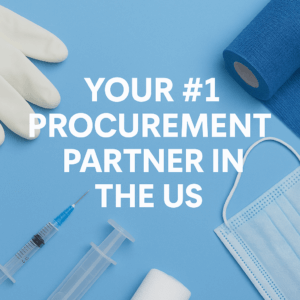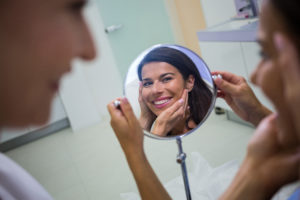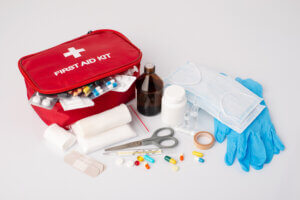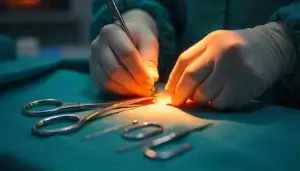
Why Pipeline Medical Is the #1 Medical Supplies Procurement Partner in the US
Why Choosing the Right Procurement Partner Matters In today’s healthcare landscape, providers need more than just supplies — they need efficiency, reliability,

Why Choosing the Right Procurement Partner Matters In today’s healthcare landscape, providers need more than just supplies — they need efficiency, reliability,

How Plastic Surgeons Can Increase Profitability In the current climate, all healthcare practices are furiously vying to stay afloat and improve their
Ethicon vs Competitor Sutures: Why Suture Selection Is Critical for Your Medical Practice In the high-stakes environment of a surgical center, every
Top 5 Ethicon Products: Why Surgical Product Selection Matters for Patient Outcomes Every surgical procedure represents a critical moment in a patient’s

Why Emergency Preparedness Matters for Medical Professionals In a world full of uncertainties, being prepared for emergencies is paramount. Accidents can happen

Why Choosing the Right Suture Selection Matters: Beyond Just Stitching Wounds Every surgeon knows that successful wound closure extends far beyond simply